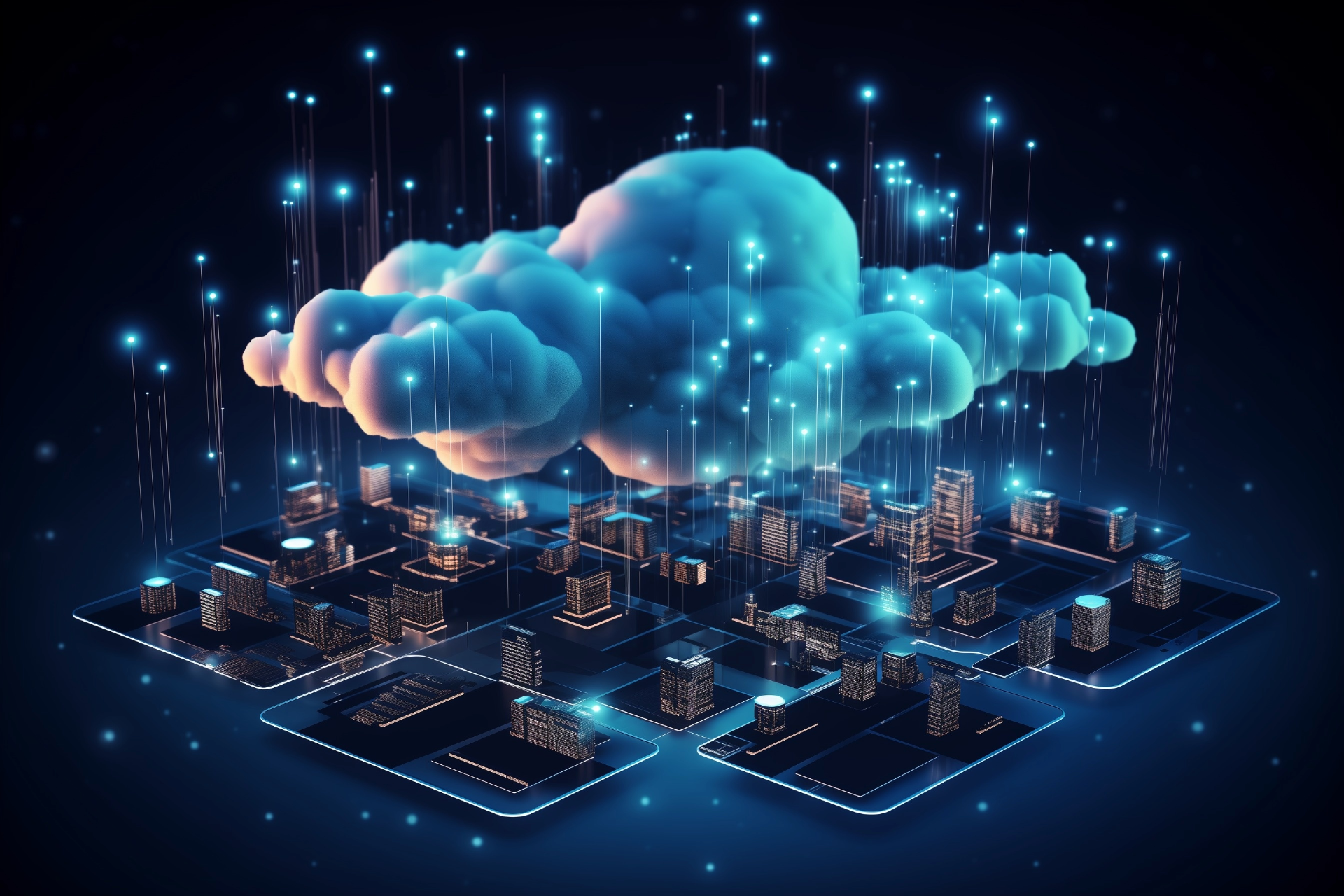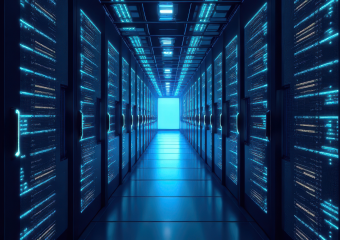EdgeCloud AI vs. Traditional Cloud: Why AI Servers Are the Future of Computing
In the ever-evolving landscape of technology, the emergence of EdgeCloud AI servers has revolutionized the way we approach computing. Traditional cloud computing has long been the go-to solution for storing and processing data, but as the demands for faster and more efficient computing grow, EdgeCloud AI servers are quickly becoming the future of computing.
EdgeCloud AI combines the power of artificial intelligence with the speed and agility of edge computing, allowing for real-time data processing and analysis at the edge of the network. This means that data can be processed closer to where it is generated, reducing latency and improving overall performance. Traditional cloud computing, on the other hand, relies on centralized data centers located far away from end-users, leading to slower processing times and potential security risks.
One of the key advantages of EdgeCloud AI servers is their ability to handle large amounts of data in real-time. With the rise of IoT devices and the increasing amount of data being generated every day, traditional cloud computing struggles to keep up with the demands for instant data processing. EdgeCloud AI servers can analyze data on the spot, making them ideal for applications that require low latency and high performance, such as autonomous vehicles, smart cities, and industrial automation.
Furthermore, EdgeCloud AI servers offer improved security and privacy compared to traditional cloud computing. By processing data locally, sensitive information can be kept within the confines of the network, reducing the risk of data breaches and unauthorized access. This is especially important in industries such as healthcare and finance, where data privacy and security are paramount.
Despite the advantages of EdgeCloud AI servers, traditional cloud computing still has its limitations. One of the main drawbacks of traditional cloud computing is its reliance on centralized data centers, which can lead to bottlenecks and network congestion. This can result in slower processing times and decreased performance, especially during peak usage hours.
Additionally, traditional cloud computing can be costly for businesses, as they often have to pay for storage and processing power that they may not always need. EdgeCloud AI servers offer a more cost-effective solution, as they can scale up or down based on demand, allowing businesses to only pay for the resources they use.
Looking towards the future, it is clear that AI servers are essential for the advancement of computing. As the amount of data being generated continues to grow exponentially, the need for faster and more efficient processing solutions will only increase. EdgeCloud AI servers offer a scalable and flexible solution that can meet the demands of today’s data-driven world.
In conclusion, EdgeCloud AI servers are poised to become the future of computing, offering advantages such as real-time data processing, improved security, and cost-effectiveness. Traditional cloud computing, while still relevant in certain applications, has limitations that make it less suitable for the demands of modern computing. As technology continues to evolve, it is clear that AI servers will play a crucial role in shaping the future of computing.





